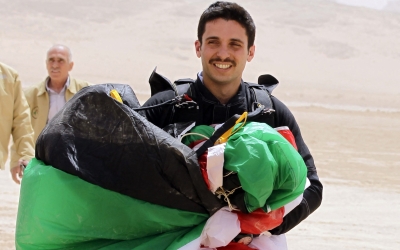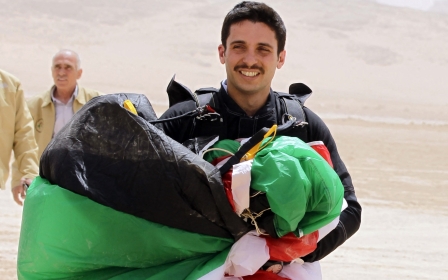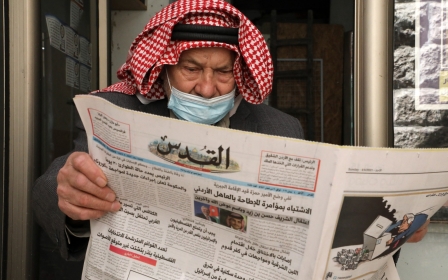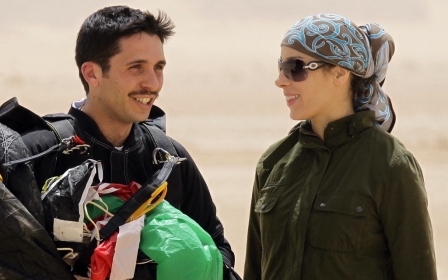Jordan's King Abdullah turns to family mediation to mend rift with Prince Hamzah
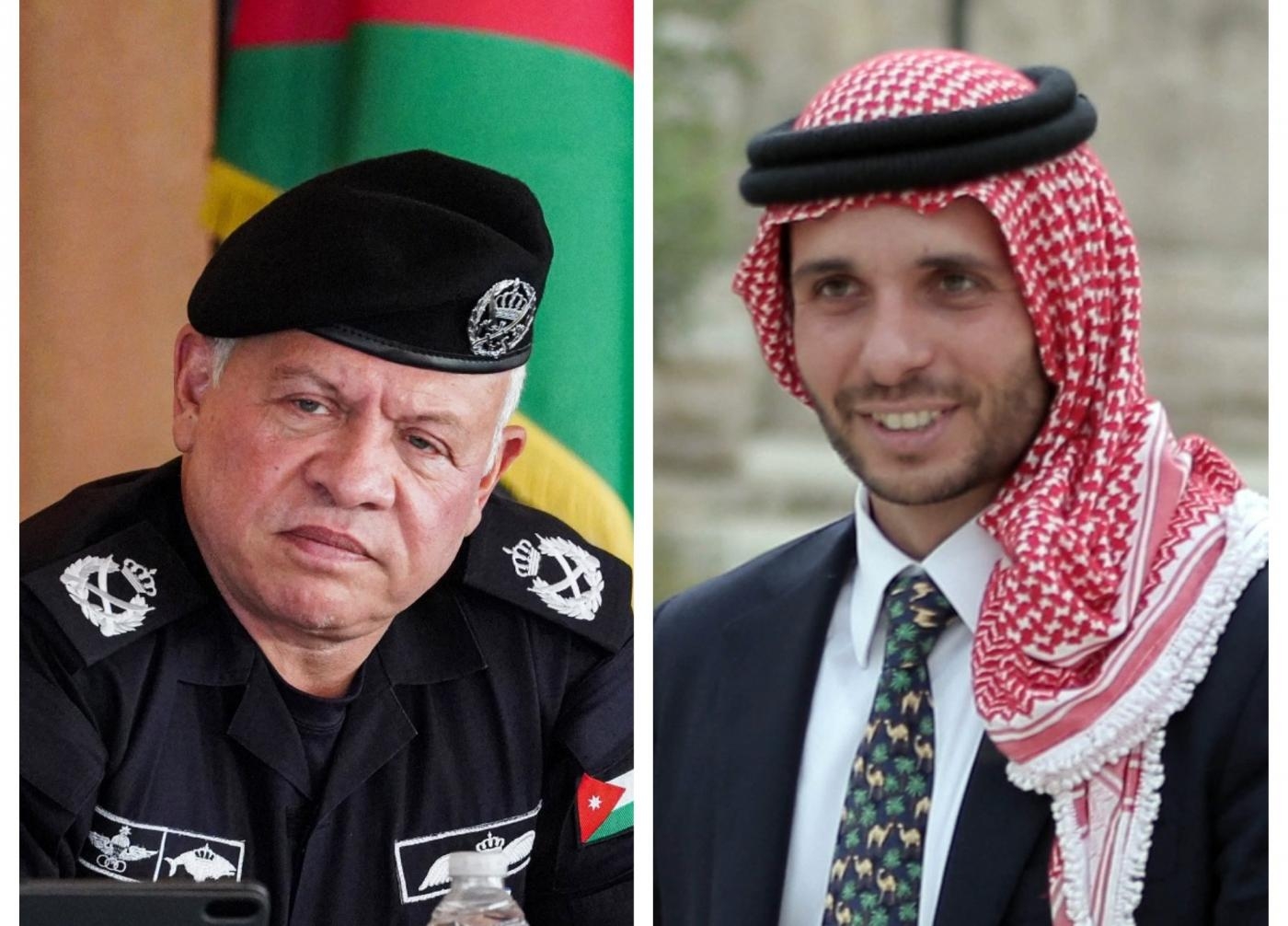
Jordan's King Abdullah II and Prince Hamzah bin Hussein have agreed to mediate a rift within the royal family in a sign of easing tensions.
Hamzah, 41, was put on house arrest on Saturday and warned to cease talking to disaffected tribal leaders and others in Jordan who complain about the kingdom's current state of affairs.
At the time, at least 15 others accused of "undermining the security" of Jordan were also arrested, as Jordanian forces carried out a large-scale arrest campaign.
'In light of the developments of the past two days, I place myself in the hands of his majesty the King'
- Prince Hamzah bin Hussein, Jordan
Hamzah initially responded defiantly, telling the head of Jordan's military, Major General Yousef Huneiti, who was sent to carry out the house arrest order, that "no one can stop me from talking to my people".
Hamzah released a recording of the conversation had between himself and Huneiti on Sunday, as a sort of insurance policy, the contents of which were shared with Middle East Eye.
New MEE newsletter: Jerusalem Dispatch
Sign up to get the latest insights and analysis on Israel-Palestine, alongside Turkey Unpacked and other MEE newsletters
But on Monday, sentiments seemed to shift, as Hamzah announced his full loyalty to the Jordanian government and his half-brother, King Abdullah.
"In light of the developments of the past two days, I place myself in the hands of his majesty the King. I hereby affirm that I shall remain observant to the covenant of the forefathers and loyal to their legacy, walking their path, sincere to their history and mission and to his majesty the king, adhering to the constitution of the dear Hashemite Kingdom of Jordan," Hamzah wrote in an open letter to the king.
"I shall always be an aid and support for his majesty the king and his crown prince," he continued.
Mending ties
The letter comes after Hamzah's uncle, Prince Hassan, was sent by King Abdullah "to handle the question of Prince Hamzah within the framework of the Hashemite family".
King Abdullah announced his intentions of mending ties with his half-brother in a statement released by the palace earlier on Monday.
Hamzah is the son of the late King Hussein and his fourth wife, the US-born Queen Noor. He was Jordan's crown prince until 2004 when King Abdullah II replaced him with his own son, Hussein bin Abdullah.
Notably, during the recording that detailed Hamzah's house arrest, neither the subject of an alleged attempted coup being mounted by others arrested in the security sweep nor contacts with foreign powers and their security services, were raised.
While the Jordanian government has not explicitly confirmed suspicions of a coup attempt, Major General Huneiti said on Saturday that "investigations are continuing", the results of which will be announced, "when we finish".
"All procedures were taken according to law. All people are under the law. Jordan's safety and stability is the priority," Huneiti said at the time.
Sharif Hassan bin Zaid, a member of the royal family, and Bassem Awadallah, who was director of King Abdullah's office in 2006, were also arrested following "comprehensive investigations undertaken by security agencies".
Hamzah, who looks and sounds like Hussein, has become increasingly popular in the kingdom amid unrest over economic stagnation, a political impasse and the effects of the Covid-19 pandemic.
When six coronavirus patients died in a government-run hospital in the town of al-Salt because of failing oxygen supplies, King Abdullah got a mixed reception upon visiting the medical facility. While some supporters of the Hashemite monarch were in the crowd, others shouted: "The country has drowned!”
Shortly after the king's visit, a tanker with supplies of oxygen turned up at the hospital.
When Hamzah paid his condolences to the family of one of the patients who died in al-Salt, he got a very different reception - as Mamoun Khreisat, the eldest son of the deceased, expressed his thanks to the prince for his generous gesture.
Middle East Eye delivers independent and unrivalled coverage and analysis of the Middle East, North Africa and beyond. To learn more about republishing this content and the associated fees, please fill out this form. More about MEE can be found here.


